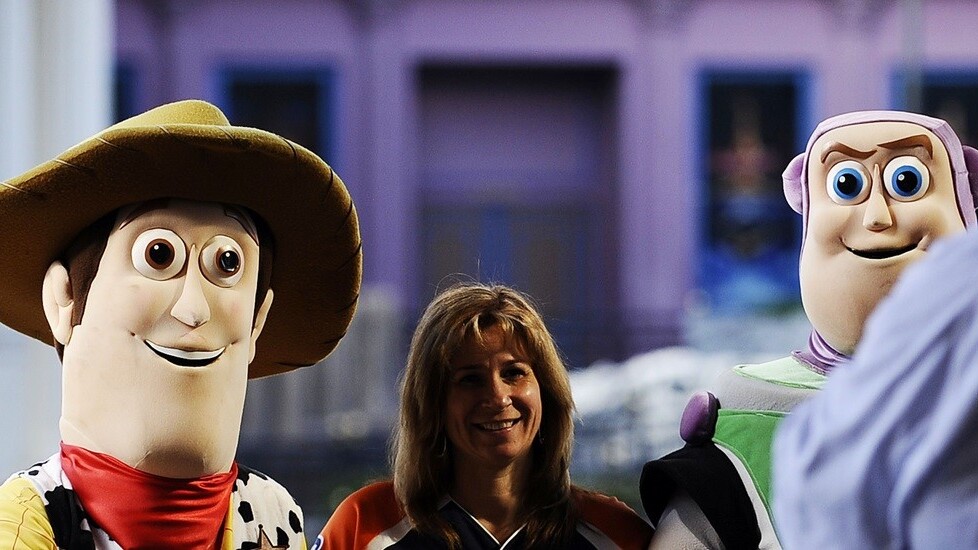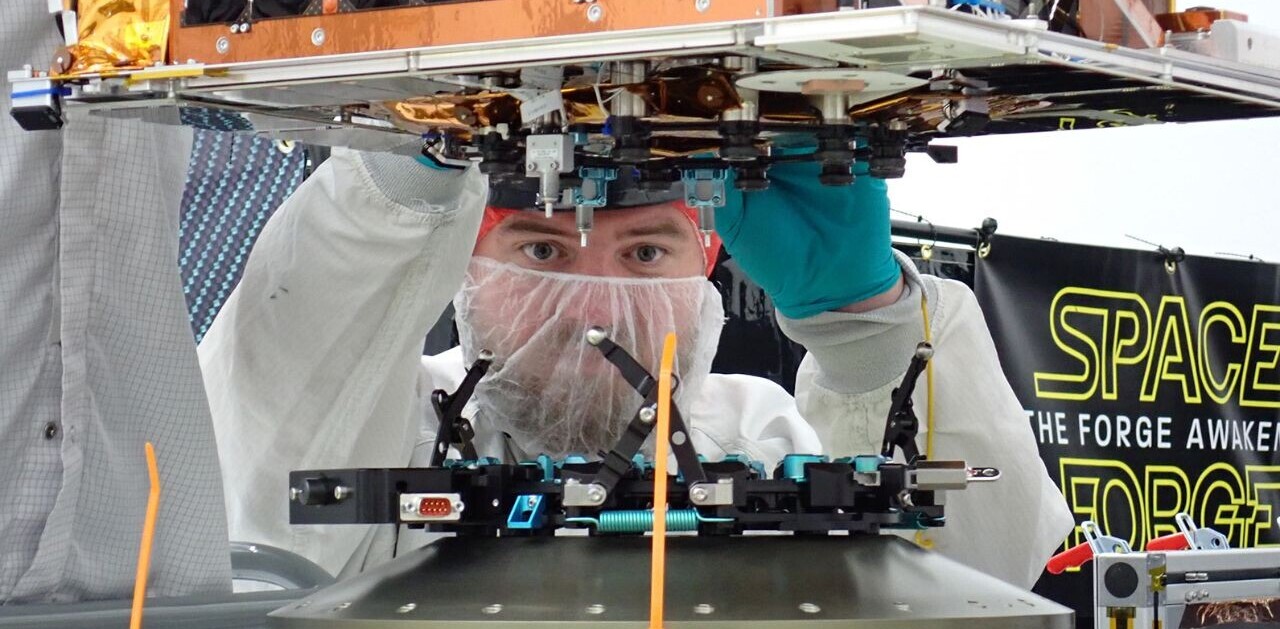
Disney-owned animation firms Pixar and Lucasfilm have settled a lawsuit that alleges they were part of a group of Silicon Valley firms which agreed to a ‘no-hire’ pact. The settlement was revealed on Friday, as Reuters reports (via The Verge), but the level of compensation remains undisclosed.
The suit was raised by five disgruntled employees who claim Pixar and Lucasfilm (which was then independent) into agreements with Adobe, Apple, Intel, Google and Intuit preventing them from hiring each other’s staff. That, it is alleged, affected their potential career development and future earnings by ensuring they could not work at these companies, aside from some cases where CEO-level agreements were struck.
An antitrust case into the wider issue was settled in 2010 but this civil case was filed in 2011 by staffers seeking compensation. Earlier this year, the five plaintiffs suffered a blow when their efforts to bring a class action were rebuffed, and that decision in March is thought to have lessened the level of compensation that the employees received from this settlement.
Ruling earlier this year, Judge Lucy Koh did leave an option for a renewed attempt for class action status again in the future, so this may not be the end of the issue for Pixar and Lucasfilm quite yet.
The case caused controversy earlier this year when information from the trial, including high-level emails between former Apple CEO Steve Jobs, then Google CEO Eric Schmidt and recently retired Intel CEO Paul Otellini dated around 2005-2007, was declassified and revealed to the public.
In particular, evidence showed Steve Jobs had threatened Palm with litigation if the company did not stop trying to hire Apple staff. In another email, Jobs told Schmidt to “put a stop” to Google’s “relentless” efforts to recruit employees working on the iPod.
One of the more damning emails was a message from Schmidt to Jobs which explained Google’s senior staffing strategist would deal with the hiring issue verbally “since I don’t want to create a paper trail over which we can be sued later”. In other correspondence, Otellini said he “would not like [the agreements to be] broadly known”, presumably for similar reasons to Schmidt.
Specific lists of companies from which staff could not be hired were also presented as evidence.
Headline image via JEWEL SAMAD/AFP / Getty Images
Get the TNW newsletter
Get the most important tech news in your inbox each week.





